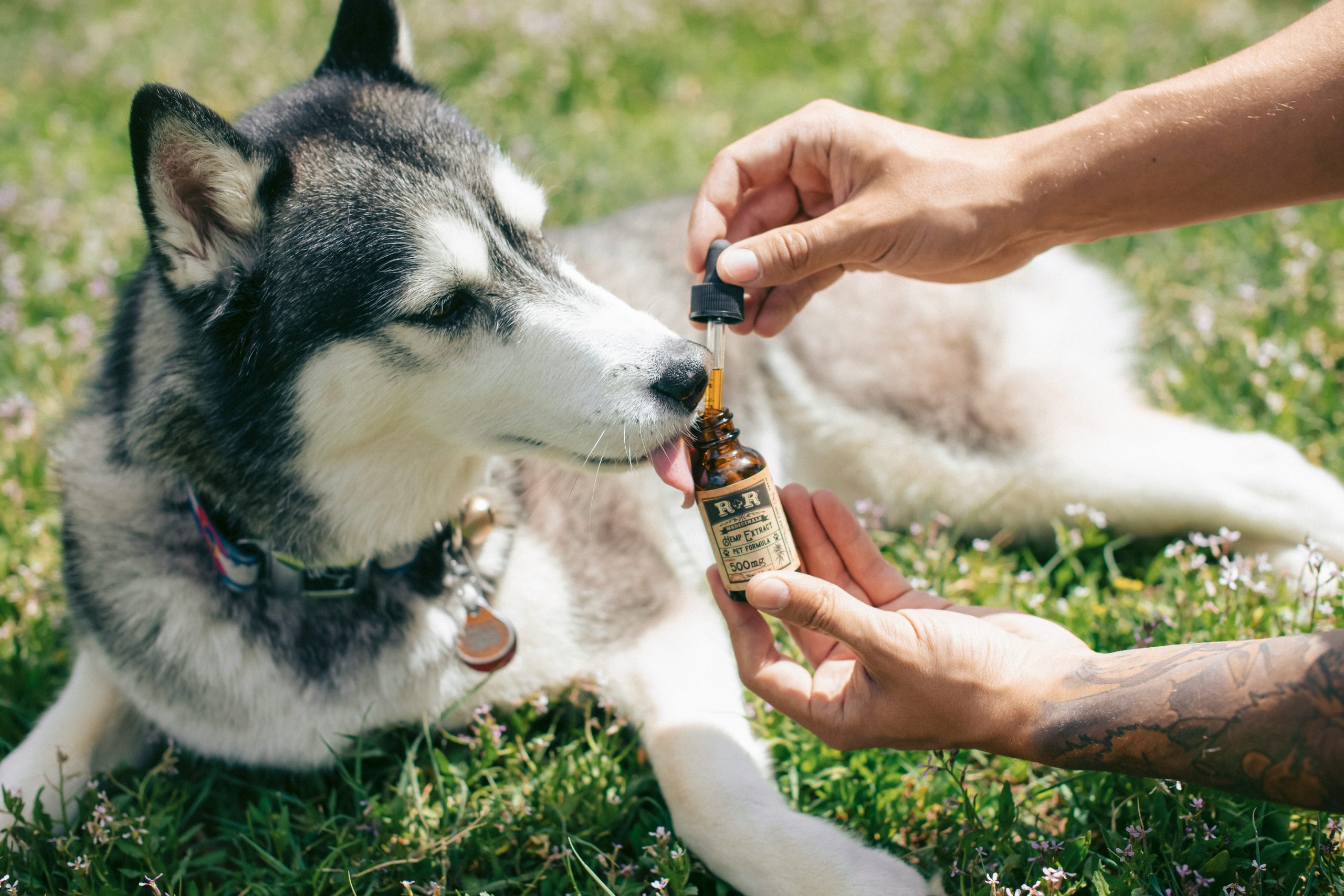Ninth Circuit Affirms Class Certification in Consumer Suit Over Pet Supplements

In 2019, pet owners in California brought suit against Nutramax entities in connection with their marketing of Cosequin, a pet supplement that was marketed as promoting joint health in dogs. In particular, the plaintiffs alleged that, in defendants’ marketing materials, the defendants claimed Cosequin was a “Joint Health Supplement”; helped pets “Climb stairs, Rise and Jump!”; “Support[ed] Mobility for a Healthy Lifestyle”; and promoted “Mobility, Cartilage and Joint Health Support.” According to the plaintiffs, Cosequin provided no such benefits, and accordingly, these statements were misleading under the California Consumer Legal Remedies Act (“CLRA”).
In 2022, a judge in the Central District of California certified a class of aggrieved California purchasers of certain Cosequin products. Despite the parties’ disagreements over the efficacy of Cosequin, the court found that the plaintiffs—through their experts—had adequately demonstrated that a jury could find that Cosequin provided no benefit to dogs’ joint health. The court also found that the testimony of plaintiffs’ damages expert, who proposed to conduct a conjoint analysis to test the economic value that consumers place on certain product features (such as benefits to joint health), was sufficient to establish that damages could be determined on a classwide basis. The court further found that common evidence would resolve the question of whether a reasonable consumer was likely to be deceived by defendants’ claims.
The defendants appealed, arguing that the plaintiffs failed to propose an appropriate damages model, as plaintiffs’ proposed damages analysis had not actually been completed. Defendants further argued that reliance on defendants’ representations could not be established on a classwide basis, as consumers relied on sources other than defendants’ marketing to make purchasing decisions. The Ninth Circuit rejected these arguments and affirmed the District Court’s grant of class certification.
With respect to damages, the court concluded that, at the class certification stage, there is no requirement that an expert actually apply its damages model to the proposed class where the model has been shown to be reliable and capable of calculating damages in a manner common to all class members. As the court noted, “[r]equiring that class plaintiffs actually prove classwide injury at this stage would improperly conflate the class certification inquiry with the merits.” With respect to reliance, the court concluded that reliance may be established on a classwide basis under the CLRA through proof that the representation at issue was material to reasonable consumers, which plaintiffs accomplished through the testimony of the named plaintiffs and plaintiffs’ experts; plaintiffs did not need to show that defendants’ representations were the sole cause of consumers’ decisions to purchase Cosequin.
The case is Lytle v. Nutramax Labs., Inc., No. 22-55744, 2024 U.S. App. LEXIS 9722 (9th Cir. Apr. 22, 2024).


